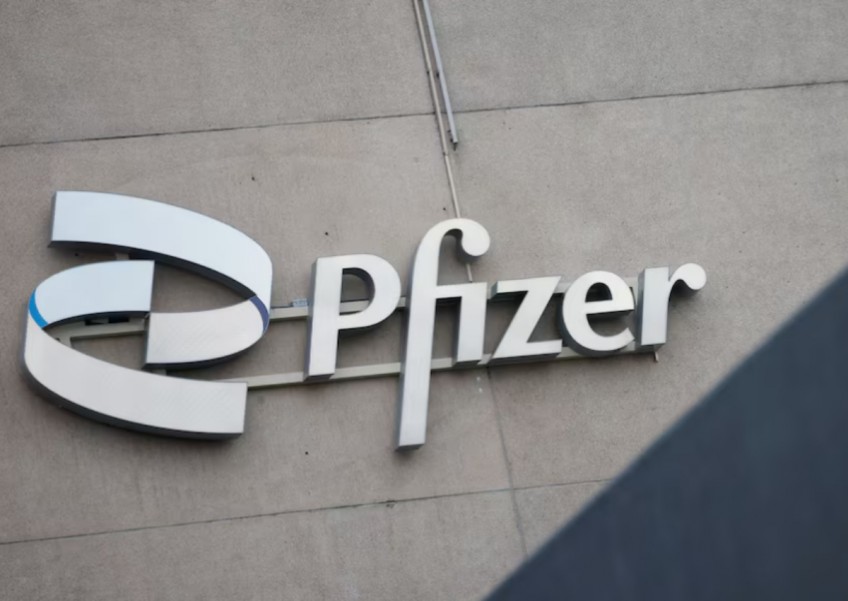Pfizer's blood cancer therapy Adcetris succeeds in late-stage trial


Pfizer said on Tuesday (March 12) its drug, Adcetris, extended survival in patients with the most common type of lymphoma in a late-stage study, bolstering efforts to expand the use of the treatment gained through its US$43 billion (S$57 billion) purchase of Seagen.
The New York-based drugmaker last year struck a deal to acquire Seagen and its targeted cancer therapies to reinforce its pipeline in the face of a steep fall in Covid-19 product sales and generic competition for some top-selling drugs.
The company, which has US and Canadian commercialisation rights for Adcetris, reported total sales of US$46 million from the drug last year.
Pfizer said on Tuesday it plans to discuss with regulators a submission for approval to treat these patients.
A potential greenlight for Adcetris for the most common type of lymphoma will pave the way for the eighth approval for the drug and beef up an oncology portfolio that already has more than 25 approved therapies.
The combination therapy consisting of Adcetris and two other drugs was statistically significant compared to a placebo in extending survival in patients with lymphoma known as diffuse large B-cell lymphoma.
The trial tested 230 patients whose cancer does not express a protein known as CD30 and returns after a period of remission or does not respond to treatment.
The drug, when compared to a combination of two other drugs plus placebo, also showed improvements in both secondary study goals of progression-free survival, or how long before the disease begins to worsen.
It also showed improvements in overall response rate, or proportion of patients who have a partial or complete response to the therapy.
ALSO READ: Magnetic surgical robot makes international debut in Chile hospital